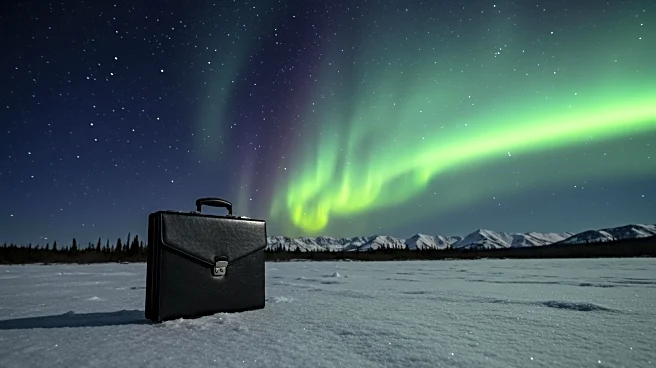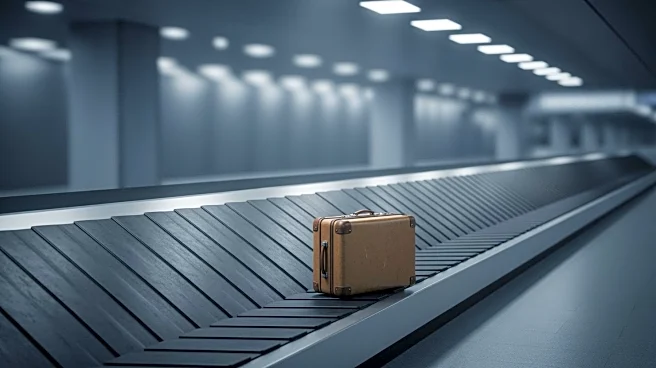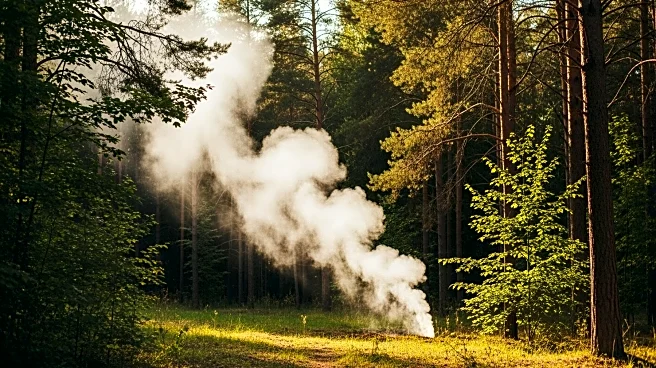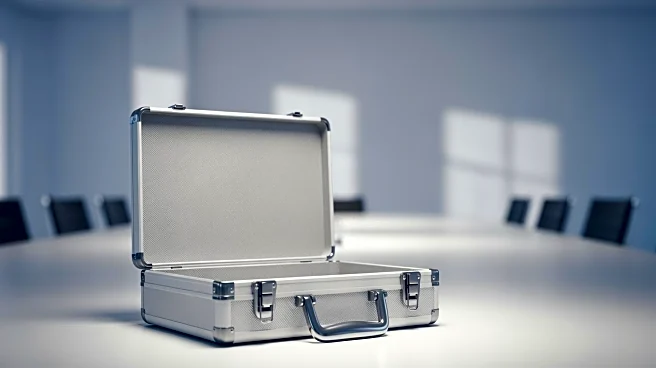What's Happening?
The Secret Service is tasked with organizing a last-minute summit between President Trump and Vladimir Putin in Alaska, scheduled for Friday. The announcement of the summit came with only a week to prepare, posing significant logistical challenges for the Secret Service. Bill Gage, a former Secret Service agent, explained that typically, planning for such high-profile trips takes about two to two and a half weeks. The preparation involves coordinating rental cars, flights, hotel accommodations, and ensuring security measures are in place. Despite the domestic nature of the trip, the Secret Service must plan for various contingencies, including natural disasters. The agency is under pressure to execute the summit smoothly, especially after facing criticism following two assassination attempts on President Trump last summer.
Why It's Important?
The summit between President Trump and Putin holds major geopolitical significance, potentially impacting U.S.-Russia relations. The Secret Service's ability to organize such a high-stakes event on short notice is crucial for maintaining national security and public confidence in the agency. Successful execution of the summit could bolster the Secret Service's reputation, which has been under scrutiny. The meeting also underscores the importance of diplomatic engagements in remote locations like Alaska, highlighting logistical challenges and the need for robust security protocols.
What's Next?
If the summit proceeds as planned, it may demonstrate the Secret Service's capability to handle last-minute high-profile events, potentially leading to more flexible planning protocols in the future. The agency will continue to focus on regaining public trust and improving its operational efficiency. The outcome of the summit could influence future diplomatic strategies and U.S.-Russia relations, depending on the discussions between President Trump and Putin.
Beyond the Headlines
The summit's location in Alaska presents unique challenges, including potential natural disasters and limited infrastructure compared to major cities. The Secret Service's ability to adapt to these conditions reflects its operational resilience. The agency's performance during the summit could have long-term implications for its public image and internal procedures.








